Reflecting on the past can be a poignant expedition, especially when the echoes of being orphaned reverberate through your mind.
How does one navigate life orphaned, you might ask? It’s a path paved with introspection, acknowledging the hurt yet embracing the resilience inherent within us.
Feeling lost and left behind was not new to me
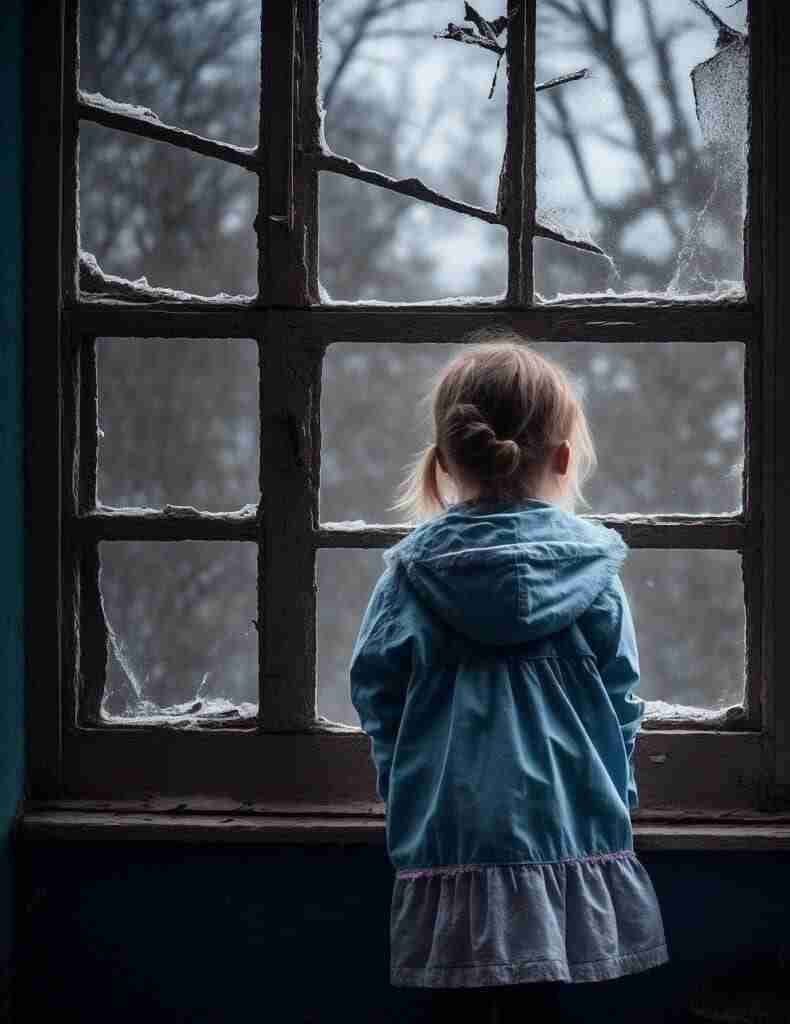
I’m not usually a person who looks to the past; I prefer to hold the map and direct progress toward the future. The story of how I became orphaned, though… I need to tell backward.
So it starts today: I’m 36 and just finished my daily walk around the lake. I decided that this swing set would be my office for the day.
It is also the 10th anniversary of my biological father’s death. My father was a complicated man, possibly one of the most complicated humans I have ever known.
I only really knew him for eight years before he died at 50. I knew he was a brilliant but lazy man—a “brutally honest,” haunted man who lived with a lot of hate and regret.
The day I became an orphan
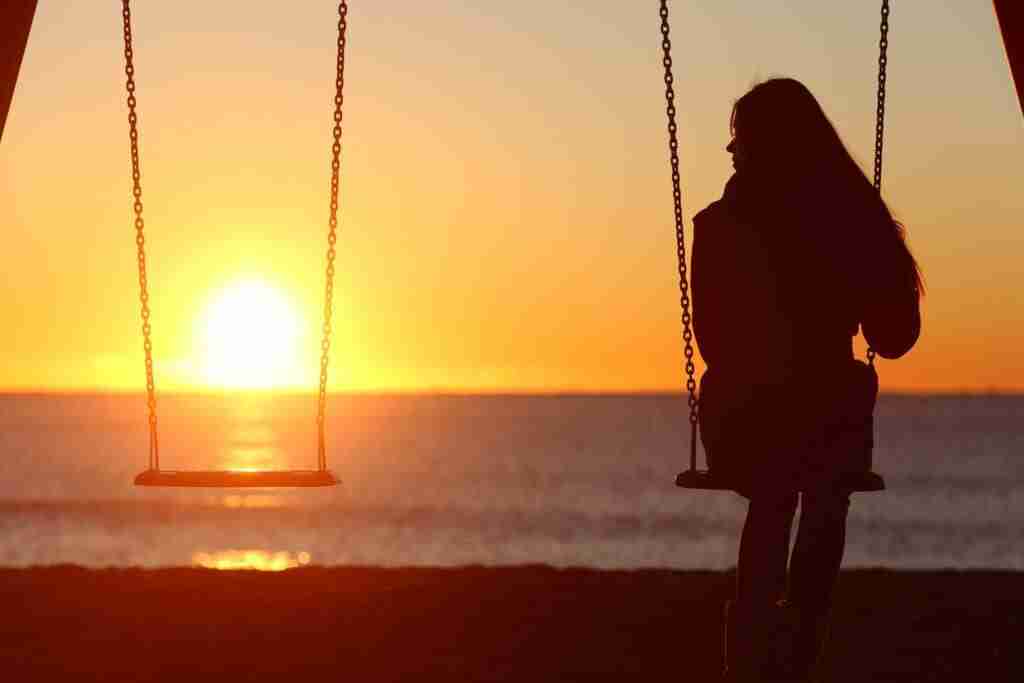
Ten years have passed since the day I became orphaned (paid link) with my father’s passing.
As an adult, I remember the conversations and times my father and I spent together. Some were happy; others were fraught with differences of opinions and decades of pain.
I don’t have any real memories of my father from my childhood. Before we reconnected, I had not seen him since I was 5. Yet, I have a few pictures of us at the swings.
The day he died, to say I felt empty is not a strong enough word. It’s visceral when your last biological parent dies. I think that death is worse when there is a previously mended hole in your heart. One that gets ripped open again and appears like it will continue to seep for eternity.
I searched for my dad shortly after my 18th birthday. I left college to take a bus from Montana to New York to see a man I hadn’t seen in 13 years because of my biological mom’s death months before.
Orphans start out with the death of one parent
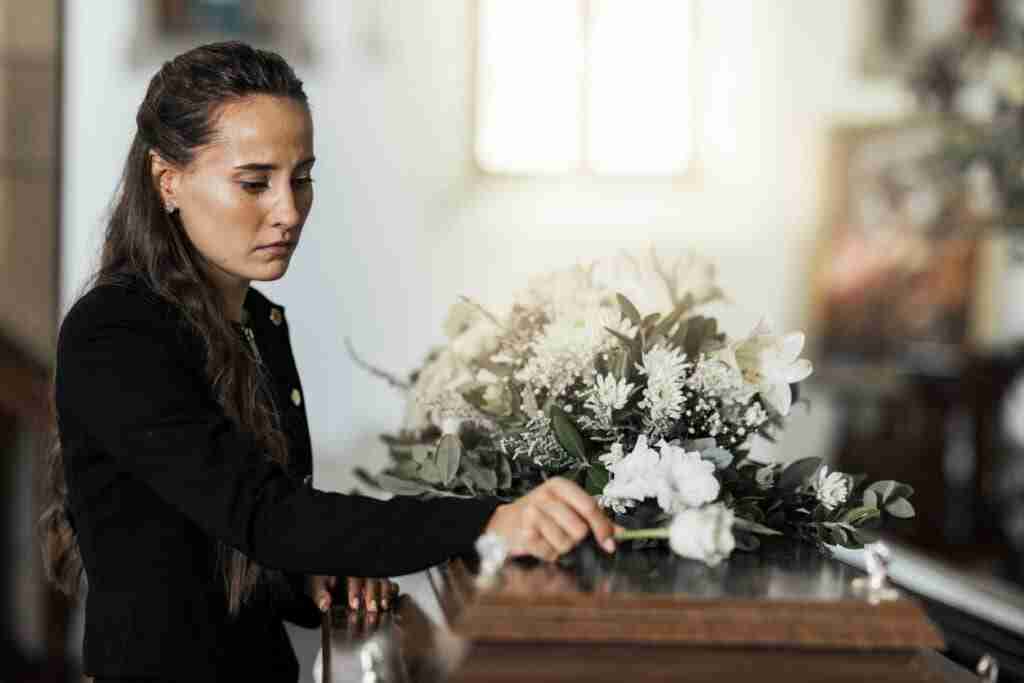
That parent was my mother, who died at 40 when I was 18. I had only lived with her for five months, the only consecutive time I had spent with her since kindergarten.
My mom was an intelligent, warm, talented, and troubled woman. She once auditioned for Juilliard and would have been accepted if her high school attendance rate could have been considered “existent.”
Instead, she ended up addicted to drugs, dancing at strip clubs, and joining a biker gang. This was not conducive to child-rearing, but she would always promise we would live with her when she got everything together, got a house, or got sober.
My mom constantly ripped apart the hole made by not knowing my father. She would appear throughout my life to put a band-aid on the wounds caused by her neglect, only to rip it off ever so slowly and painfully every time she walked away.
We were separated many times during my childhood despite her promises. We ended up living with our grandparents and not in foster care.
Then, the summer before my freshman year, my mom and her husband entered witness protection. She would call randomly over the next four years. Those high school years were some of the toughest of my life… but I survived.
Children shouldn’t grow up without their parents, but I did
I earned a college degree (an A.A.) at 17 and planned to go to USF and study Journalism. I was determined to live a life where I could write and create change.
A few weeks before this plan was put into motion, my grandma announced we were going on a road trip. We ended up in Montana, where it turned out my mom had been living.
This was where I changed the trajectory of my future. I stayed with her and enrolled in college as an equestrian major. I thought I would write for equine magazines.
Near the end of my first semester, I got the phone call no one ever wants while at the Rocky Mountain College barn. My mom’s husband told me I needed to return to the house. He was crying, and something was clearly wrong.
My first thought was that my grandma had died because of the huge fight we had before I decided to stay. She hadn’t spoken to me in months.
That chipped a little more at the hole than I thought it would. But then some rational part of me started wondering why my mom wasn’t the one giving me that news.
I kept pushing until he finally told me there had been an accident and that my mom was gone. I remember falling to the ground and just crying.
Crying was no stranger to me, but I had never done it quite like this. This was guttural and unnatural, sounding as if pieces of me were escaping from myself.
Thinking back on it, I don’t remember the specifics about what happened next. I remember thinking of the few memories we had created during those months together…and one memory from my childhood of us at the park on the swing set.
Navigate being orphaned with resilience

Whether you are a child or an adult when your parents die doesn’t change how devastating it is.
There is some level of knowing that you should outlive your parents. That doesn’t change the amount of pain, either.
How to cope with being orphaned:
Celebrate their lives by continuing their legacy through actions and choices that honor their memory. Whether it’s a charity run in their name or a quiet moment on a swing set, find your unique way to keep their spirit alive.
Embrace all your emotions. Allow yourself to grieve, to feel the full weight of being orphaned, but also permit the light of hope to seep through. Support groups and therapy can be invaluable as you process the loss of your parents.
Channel your experiences into purpose. Being orphaned can drive you to pursue dreams with a fervor that only those who have known profound loss can understand. Let your trials be the foundation upon which you build a life of meaning.
Build your chosen family. Surround yourself with friends, mentors, and loved ones who can provide support and understanding. Nurture and love your own children. Remember, being orphaned does not mean you are alone.
Being orphaned is complicated at any age
You can still be a complete person without your parents. Being orphaned is not just a status—it’s an indelible part of my story that has shaped me into the resilient storyteller I am today. Remember, it’s not the absence that defines us, but how we fill the space it leaves behind.
Maybe you are like Wayne Dryer and think, “When you’re an orphan, you don’t wake up every day and tell yourself, ‘I’m an orphan again today. Why did this happen to me?’”
Or maybe you do find yourself wondering why you were orphaned. There are children out there who surely question why this happened to them and what their lives as orphans will look like.
Those children who had parents like mine who did not provide them with security and love are lost. There are no words to describe that feeling of thinking you will never have two of the most basic human needs because there is no chance for your parents to get better finally.
People who have amazing parents are often terrified of what will happen when they become orphans. While being orphaned as an adult might be part of the system we live in, it can still leave you reeling.
Late Latin orphanus, borrowed from Greek orphanós, “left without parents”
Nothing in life is permanent. The reality is that unless you die first, you will be left without parents.
What would they want for you?
I would like to think they would remind you that each day, regardless of our struggles, is a chance to write the first line of the first paragraph on a new page.


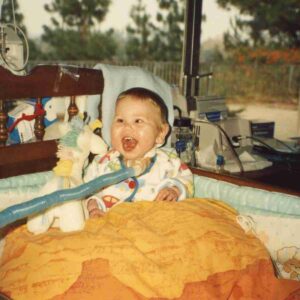
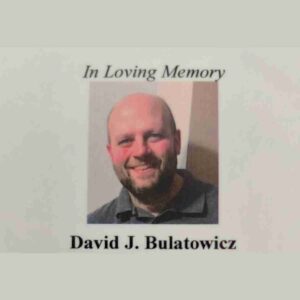


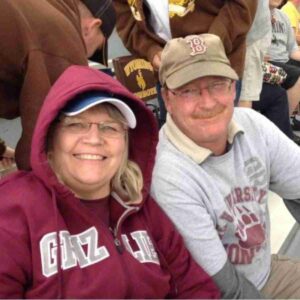
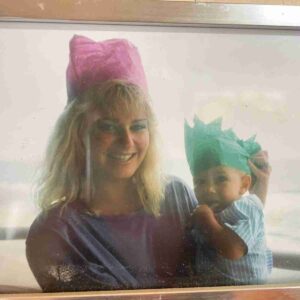
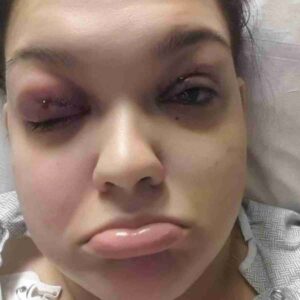
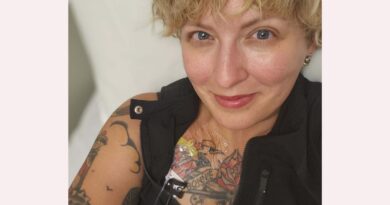
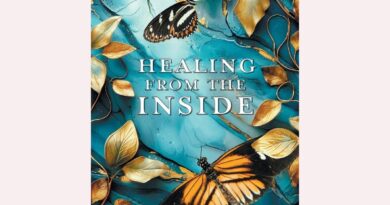
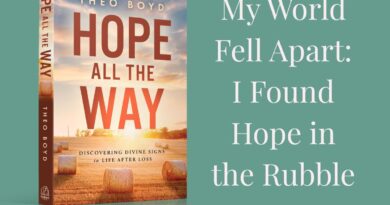
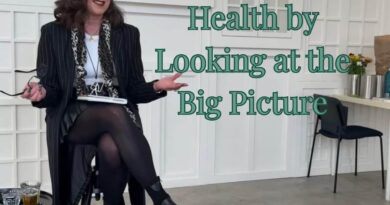
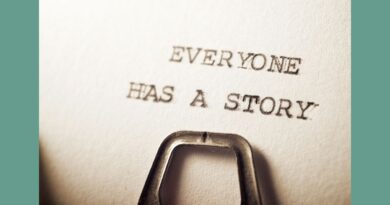










Whatever age, I still wish I could still talk to my parents
????